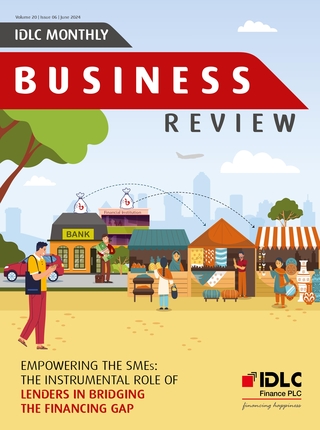
Empowering the SMEs: The Instrumental Role of Lenders in Bridging the Financing Gap
In Bangladesh, small and medium-sized enterprises (SMEs) contribute only 25% of the country's GDP. However, this sector represents more than 90 percent of total business entities in Bangladesh and generates employment for 24.50 million people. According to a World Bank estimate, there is a USD 2.8 billion financing gap in this sector in Bangladesh, which is a major impediment to the country's growth potential.
Banks and other financial institutions have an enormous opportunity to offer innovative financial products and services to SMEs. However, there are several critical factors that are working as deterrents to SME financing: lack of collateral, lack of authenticity of financial data, informal borrowing, absence of documentation, narrow market access, and lower shock absorption capacity of the SMEs.
In the challenging terrain of SME financing, innovative initiatives such as the introduction of electronic KYC, providing transaction-based financing, and the adoption of financial technologies are crucial. Moreover, fostering a collaborative and responsive lending ecosystem is essential for unlocking the full potential of Bangladesh's SME landscape. By catering to the specific financing needs of SMEs, lenders can unlock new avenues for growth, innovation, and employment generation, ultimately contributing to the country's economic prosperity and social well-being.
Md. Shah Jalal
Editor
IDLC Monthly Business Review
More Print Editions Subscribe Download